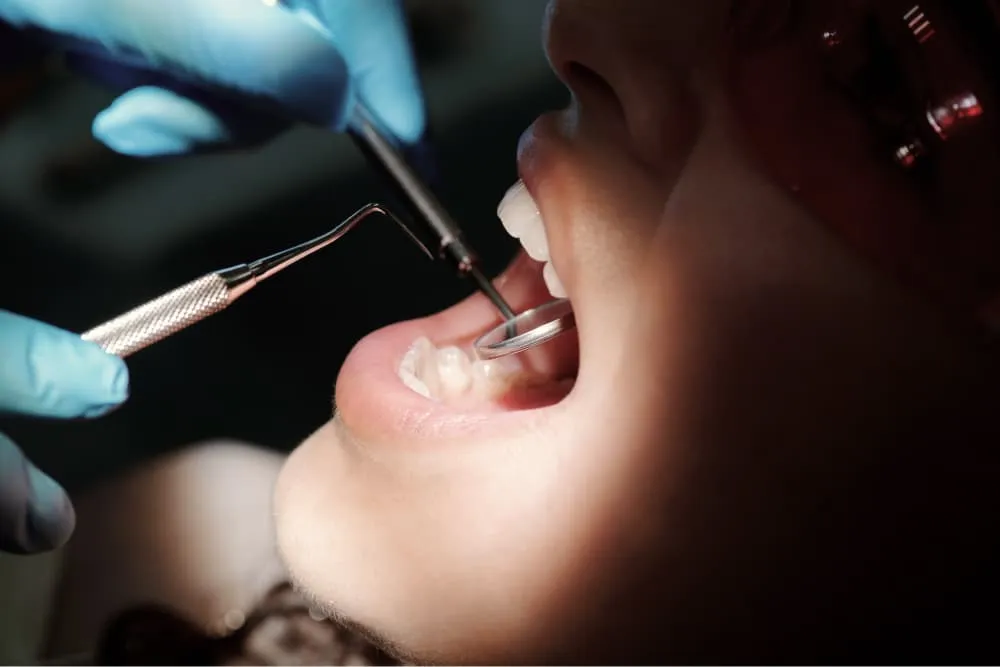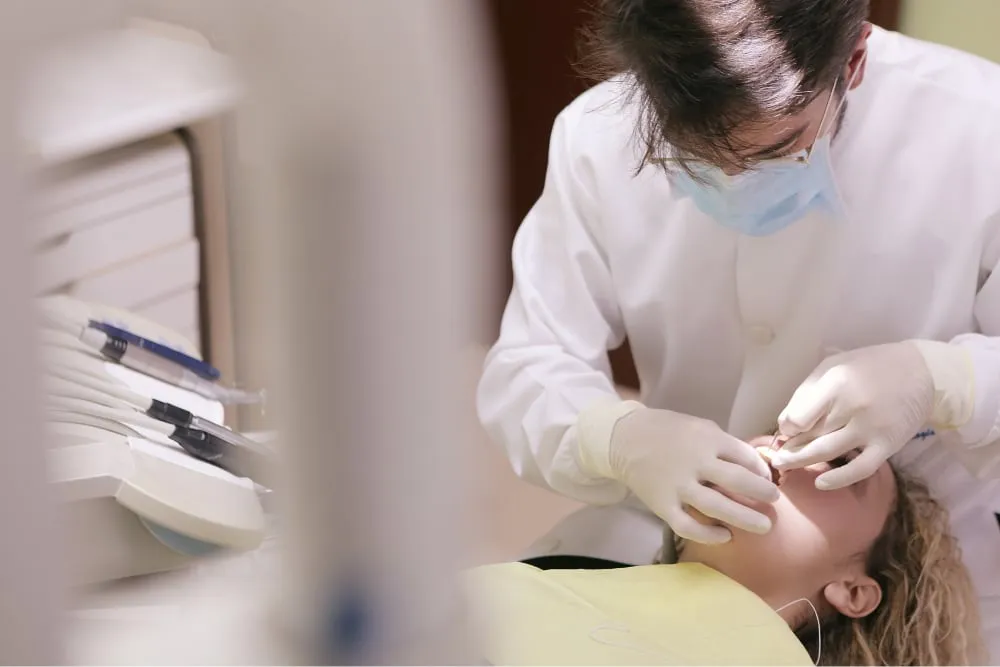Bulimia effects on digestive system
Bulimia and digestive problems are often intertwined due to the primary symptoms of the eating disorder.
Cycles of binging and purging—whether through self-induced vomiting, laxative abuse, excessive exercise, or other means—can put undue strain on the digestive system, introduce stomach acid and other corrosive substances to sensitive areas of the upper digestive tract, and lead to nutritional and electrolyte imbalances, which can cause further gastrointestinal complications.
Acid reflux
Acid reflux, or a burning sensation in the chest, sometimes also referred to as heartburn, occurs when the valve separating the stomach from the esophagus fails, allowing for small amounts of acid to enter the esophagus.
1 When this problem becomes chronic, it's referred to as gastroesophageal reflux disease (GERD).
The problem has been connected to both bulimia nervosa and purging type anorexia nervosa. Upper gastrointestinal endoscopy findings have revealed that as many as 22% of people with these conditions suffer from regular heartburn episodes.
2While more research is needed to make definitive connections, it's thought that frequent purging through self-induced vomiting may lead to these issues, by weakening the valve separating the throat from the stomach and causing other potential damage to the area.
2Another hypothesis says issues like alcohol consumption, smoking, nutritional deficiencies, and stress could play a role in higher acid levels.
4 And people with BN do struggle with substance use, particularly alcohol use disorder, at high rates.
3 Stomach pain
Some of the most common and bothersome effects of bulimia nervosa are stomach fullness, pressure in the stomach, and nausea. Frequently, these issues are stimulated by the large amount of food taken in during a binging episode. In fact, it's thought that the discomfort caused by many of these symptoms can play a role in the urge to purge in some way.
5Further, it's thought that frequent binging can lead to both an increased stomach capacity and a lowered sensitivity to abdominal distention (or, the filling of the stomach). This could potentially contribute not just to stomach aches and
other digestive discomforts, but may also play a role in perpetuating behaviors of overconsumption.
5 Diarrhea, constipation & irritable bowel syndrome
Bulimia nervosa can also have an impact on the lower digestive tract. One study reported that nearly 69% of patients with BN had irritable bowel syndrome (IBS), a condition that comes with a suite of common symptoms, such as bloating, abdominal pain, gas, and cramping.
7One study found that whole-gut transit time, or the time it takes for food to traverse the entire digestive system, from chewing through expulsion, was significantly slower for patients with bulimia nervosa. (8) Similarly, gastric emptying—the rate at which the stomach empties food into the small intestine—has also been found to be lower in people with BN.
2Both of these issues can potentially contribute to constipation and other gut-related issues.Constipation may be further related to poor nutrition, electrolyte disturbances from laxative abuse, and the effect of antidepressant medications.
5And some purging behaviors have also been connected to diarrhea. Specifically, the
misuse of laxatives has been found to produce chronic watery diarrhea in some cases. When serious enough, this bulimia digestive problem can lead to dehydration and further electrolyte imbalances.
10 Rectal prolapse
There’s also a proposed relationship between bulimia nervosa and rectal prolapse, or the weakening of the rectal muscles, to the point where they may slip out through the anus.6
During the process of vomiting, deep breathing happens before the actual vomiting. It’s followed by a strong diaphragm contraction, with all the abdominal muscles in an effort to expel the contents of the stomach. During the incident, there’s a high amount of pressure inside the abdomen.5
The repetition of all the intra-abdominal pressure may potentially cause rectal prolapse.9 Chronic constipation can also encourage rectal prolapse, along with issues derived from excessive exercise can also potentially contribute to the issue.9
Mallory-Weiss tears
One of the more serious gastrointestinal symptoms of bulimia nervosa are esophageal tears, sometimes referred to as Mallory-Weiss tears. In many cases, Mallory-Weiss tears are a symptom of forceful vomiting or retching.
11This issue can lead to
vomiting blood, which can be a particularly distressing symptom. Mallory-Weiss tears can also cause nausea, heart palpitations or rapid heartbeat, weakness, shallow rapid breathing, and pale, clammy skin.
11Usually, the tears will heal themselves, and bleeding should stop within 72 hours. In some cases, further treatment is necessary, particularly when bleeding doesn't stop, or stops then starts again.
11 You might be interested in
Can the gastrointestinal tract heal after bulimia?
While some of these digestive problems can be very serious, and digestive problems after bulimia can occur, it is possible for the GI tract to heal after bulimia.
In general, the GI tract is composed of mucosal membranes, which can heal relatively rapidly. And digestive problems, including slow gastric emptying, can also subside with the adoption of a healthy diet. But the best way to deal with bulimia digestive issues is to deal with bulimia nervosa directly.
If you or a loved one are struggling with bulimia nervosa, binge eating disorder, anorexia nervosa, or other eating disorders, it's important to seek out help. The right kind of treatment can help ease digestive issues and the many other mental, physical, and emotional symptoms that occur with BN. And no matter who you are or what type of troubles you're going through, help is always available.


































